Ashes of the Singularity: Escalation
Publisher: Stardock
We use the built-in benchmark of Ashes of the Singularity: Escalation, which runs an automatic play-through scene in the game. We've selected the CPU-intensive benchmark option and used High settings with MSAA disabled, all of which are located in the game's video options and benchmark menus. On startup, we also select the DirectX 12 version, which is only available to use in Windows 10. We use a 30-second Fraps benchmark to obtain the minimum and average frame rate during the benchmark, starting the recording as the benchmark begins.
Unigine Valley 1.0
Publisher: Unigine
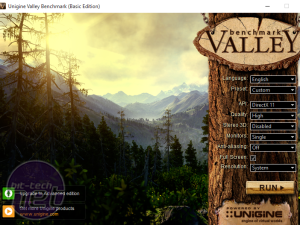
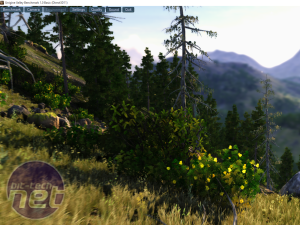
While it's an old benchmark now, Valley's length means it's still useful for identifying cooling problems when two GPUs are used as they are in all our HEDT testing. Unigine's scoring system is effectively linear: A card with 2,000 points is considered twice as fast as one with 1,000 points, and half as fast as one with 4,000 points. As such, you can easily replicate and run the test on your own system to gauge roughly how big a difference an upgrade would likely make for you.
3DMark Time Spy
Publisher: Futuremark

Time Spy is a DirectX 12 benchmark that runs at 1440p. It is designed to properly utilise the advantages of the DirectX 12 API. The benchmark is available for free, but you'll need to pay to change any of the settings, including the resolution. We use the default settings, so you should easily be able to compare your score.

MSI MPG Velox 100R Chassis Review
October 14 2021 | 15:04

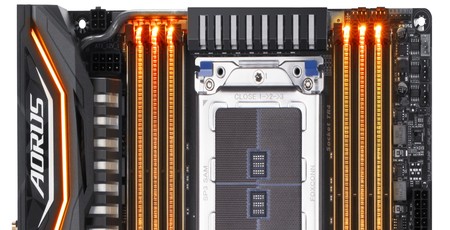
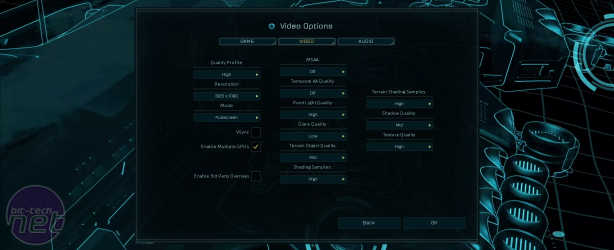
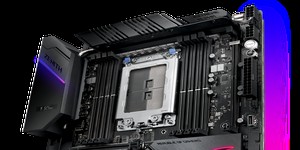
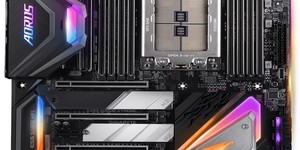
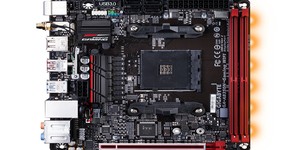




Want to comment? Please log in.